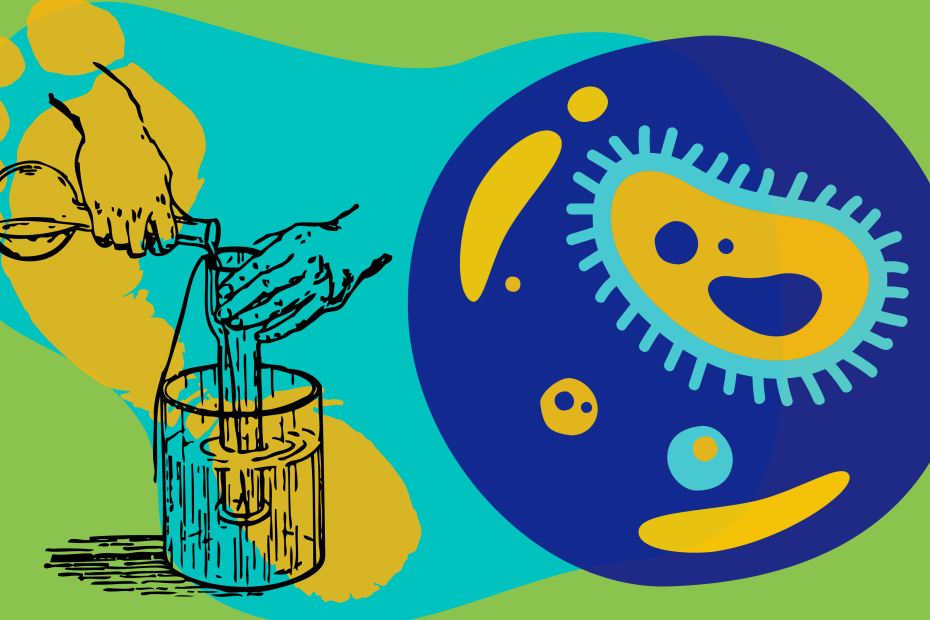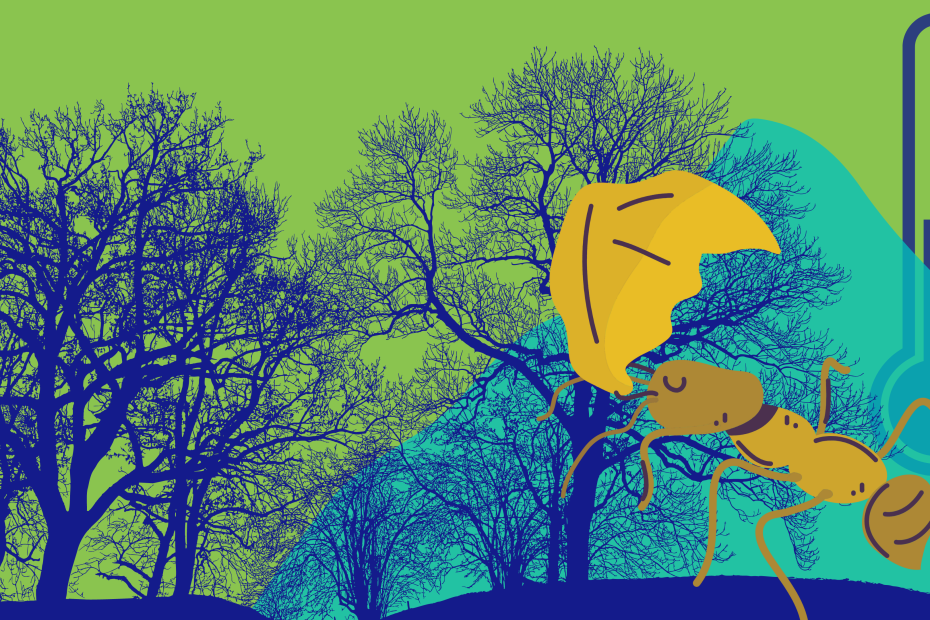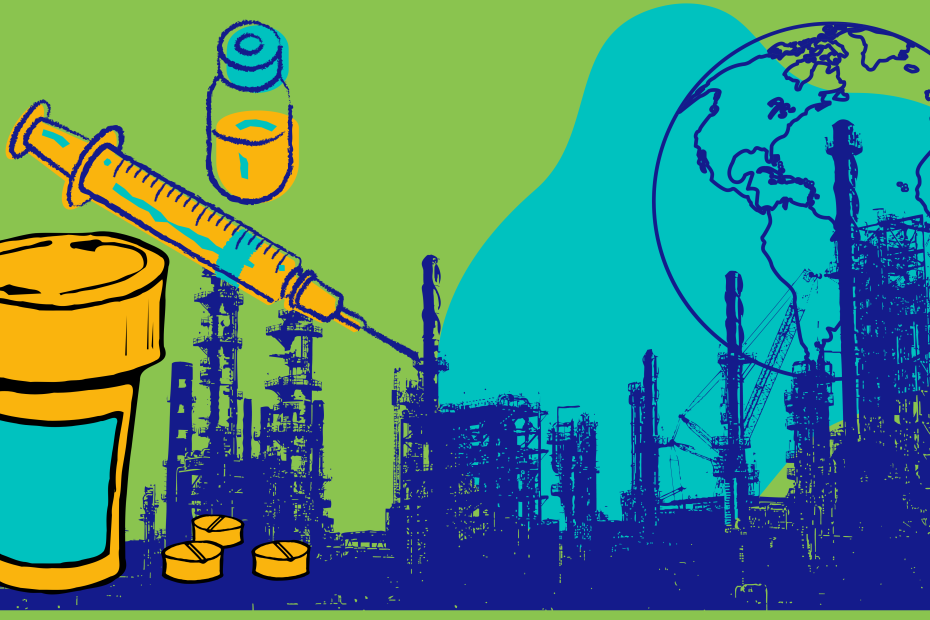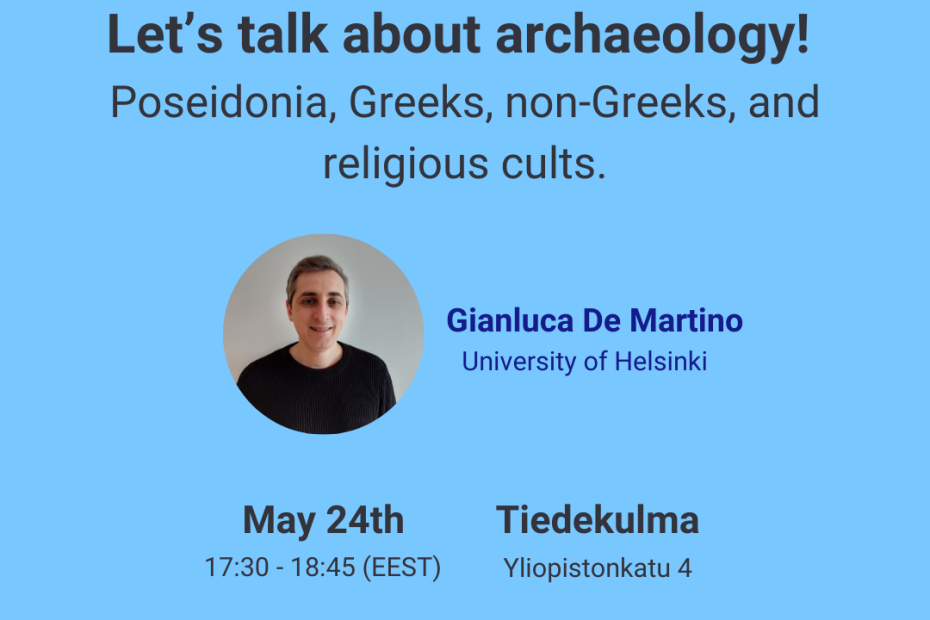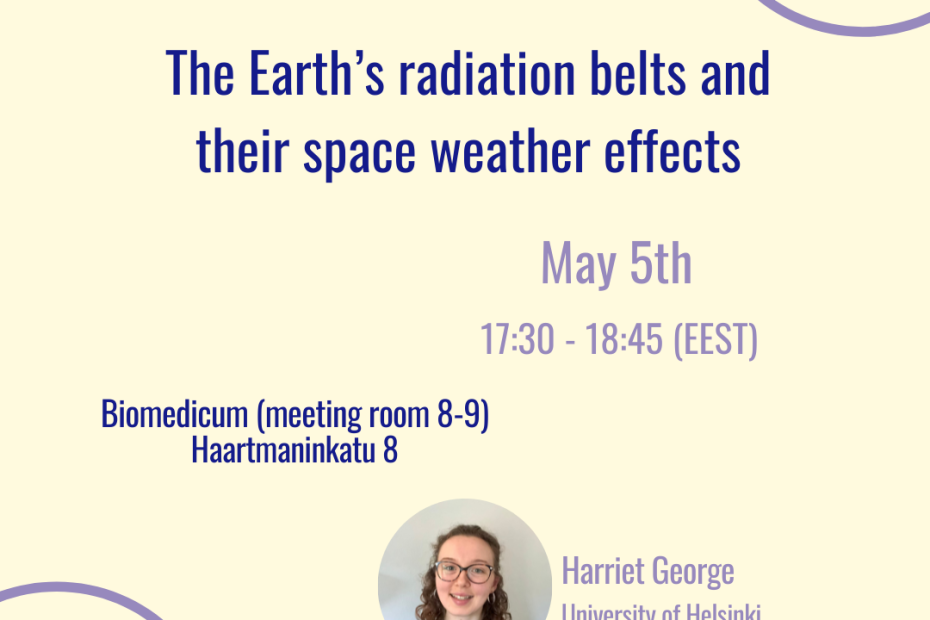Why study microbes in polluted environments?
It is estimated that every 2.6 seconds, a new chemical substance is isolated or synthesized, adding to nearly 200 million identified chemical substances in the world. While many of these are essential for society and not harmful to the environment, one effect of this proliferation of chemicals in our everyday lives has been the increase of polluted environments with multiple contaminants.
